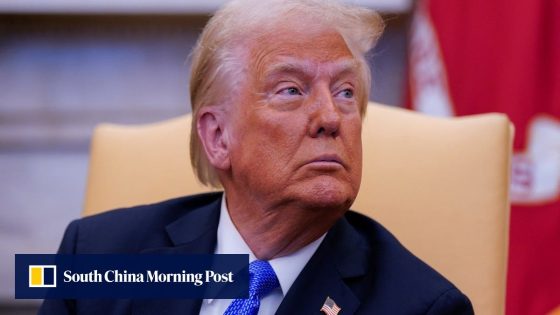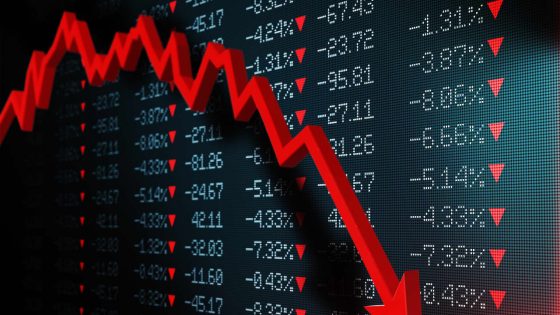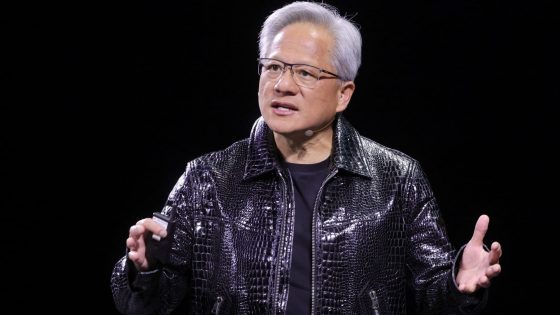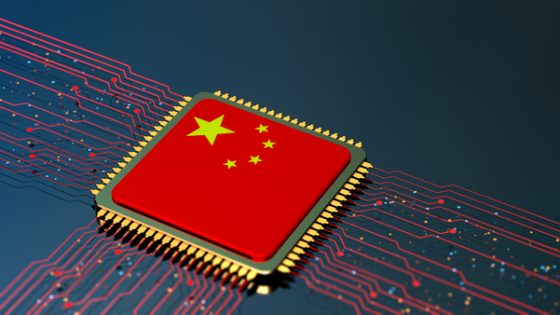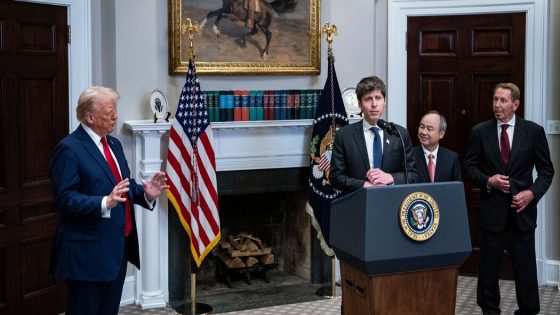On February 8, 2025, US President Donald Trump signed an executive order delaying tariffs on lower-value packages from China. This decision comes as the US Commerce Department works to establish procedures for processing these packages and collecting tariff revenue.
- Trump delays tariffs on lower-value packages
- "De minimis" exemption removed for imports
- Small shipments drove China's e-commerce growth
- New amendment requires adequate tariff processing
- Confusion over amendment date and authority
- Customs and Border Protection's role questioned
The executive order affects the “de minimis” exemption, which previously allowed packages under US$800 to enter the country duty-free. This exemption was removed on February 1, 2025, as part of a broader increase in tariffs on Chinese imports.
The executive order signed by Trump is significant as it impacts the growing cross-border e-commerce industry between the US and China. The removal of the de minimis exemption means that popular platforms like Shein and Temu will now face US duties on their imports, which could affect pricing and consumer access to these goods.
Key details of the executive order include:
- The de minimis treatment will cease once the Commerce Secretary notifies the president that adequate systems are in place.
- Tariffs on Chinese imports already exceed 20 percent in some sectors.
- The order was signed two days after the amendment’s official date, raising questions about the timing.
The decision to involve the Commerce Department in this process is noteworthy, as US Customs and Border Protection typically handles tariff collection. The implications of this order could lead to increased costs for consumers and challenges for e-commerce businesses relying on quick and affordable shipping from China.
In summary, Trump’s executive order delays the implementation of tariffs on lower-value packages from China until proper systems for tariff collection are established. This move reflects ongoing changes in US trade policy and its impact on e-commerce industries.



